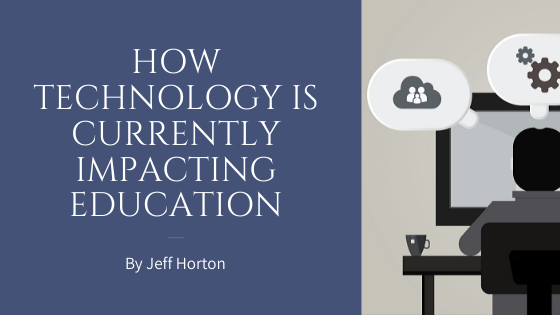As technology becomes more prominent in everyday tasks, so stands the impact that it is having on education and schooling. The days of turning in paper tests and taking notes in composition books are becoming obsolete, while online courses and 1-to-1 computing make way for stellar advancements in learning. It is up to the teachers and instructors to adapt to the changing pathways that technology is laying in education to enhance the learning experience for students.
Students who are immersed in the growing ed-tech trend are seeing advancements in the personalization of their studies. Technology in education is making it easier for teachers and instructors to cater to their material and testing to each student, recognizing that all students succeed and fall behind in unique areas of learning. Software used in ed-tech can be accommodated to a student’s learning style and to the pace at which they absorb learning material. Technology software has been developed to track and store information specific to each student.
With these software developments, schools can track a student’s progress in a class, harbor information that they may need to reference to complete tasks, serve as an outlet to communicate with other students and instructors on the course material, and much more. Facilitating discussion and interaction between students and teachers, even outside of the alotted physical time in the classroom, can increase the time that students spend on the subject and prolong their learning experience.
Moreover, the advancement of technology in education also brings with it a wave of new devices explicitly catered for online and digital learning. More now than ever, schools are budgeting to provide students with laptops, tablets, or Chromebooks that they can use exclusively for the school year. The idea behind giving these devices to students is that they are indispensable to their productivity and extended learning. Not only that, but consistent use with the technology is also improving student’s creativity and tech-knowledge. To better prepare for the modern workplace centered around technology, it makes sense to provide students with the opportunity for hands-on learning with the software that will benefit them later on in life.
Technology in education is also creating a more significant role for teachers and instructors. While teaching is still necessary, no matter the technology, students are now also turning to their teachers as a coach or mentor. The technology and software provided are geared towards a more independent learning structure for students. However, they still require guidance and encouragement. Teachers are now offering this emotional support, which is leading to a better overall experience for students. The strengthened relationship between the student and teacher can lead to higher satisfaction and better performance from students in school.

